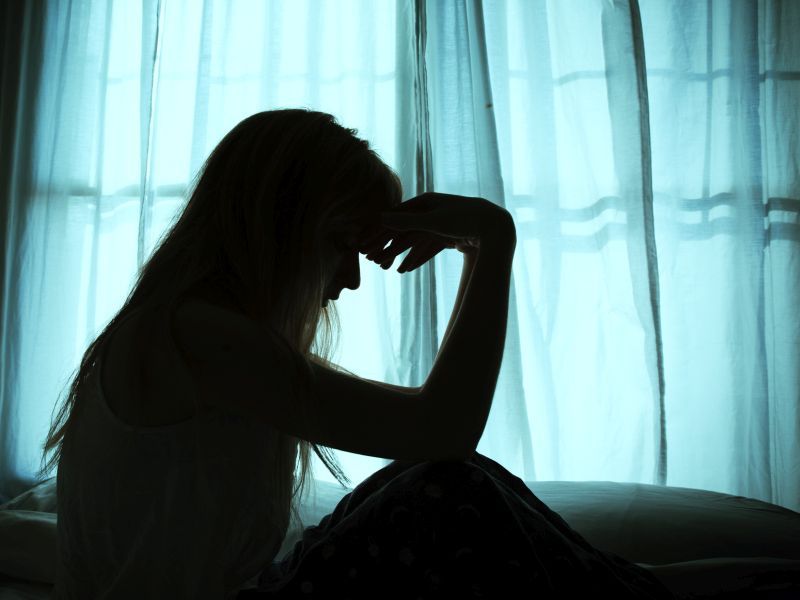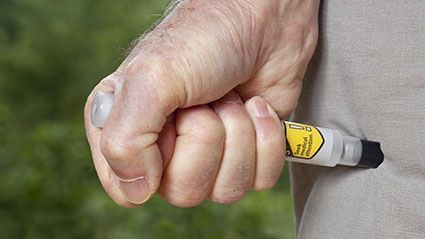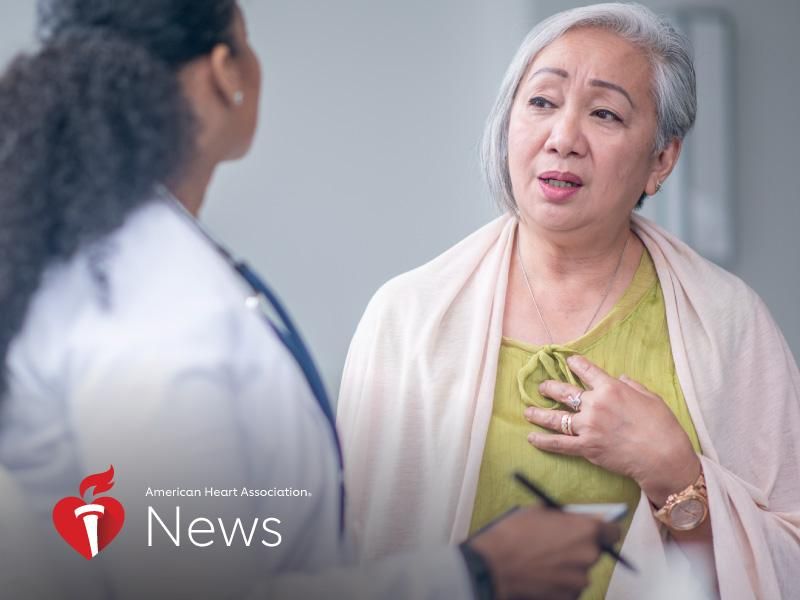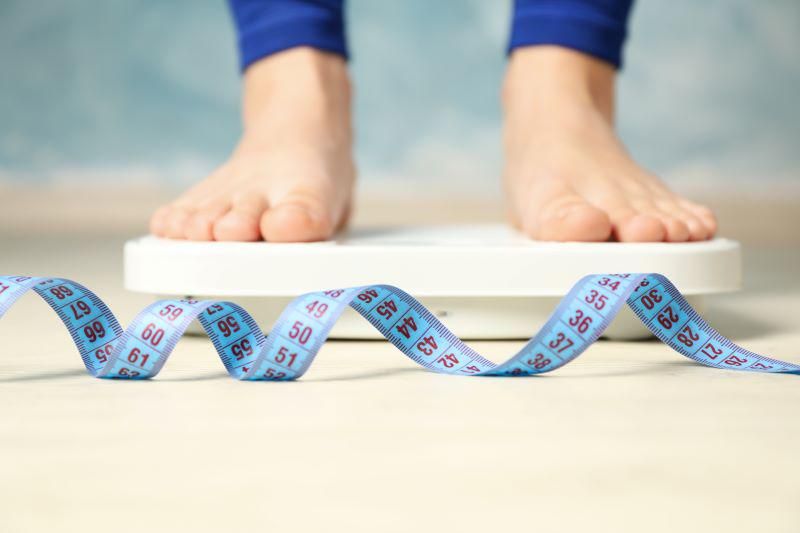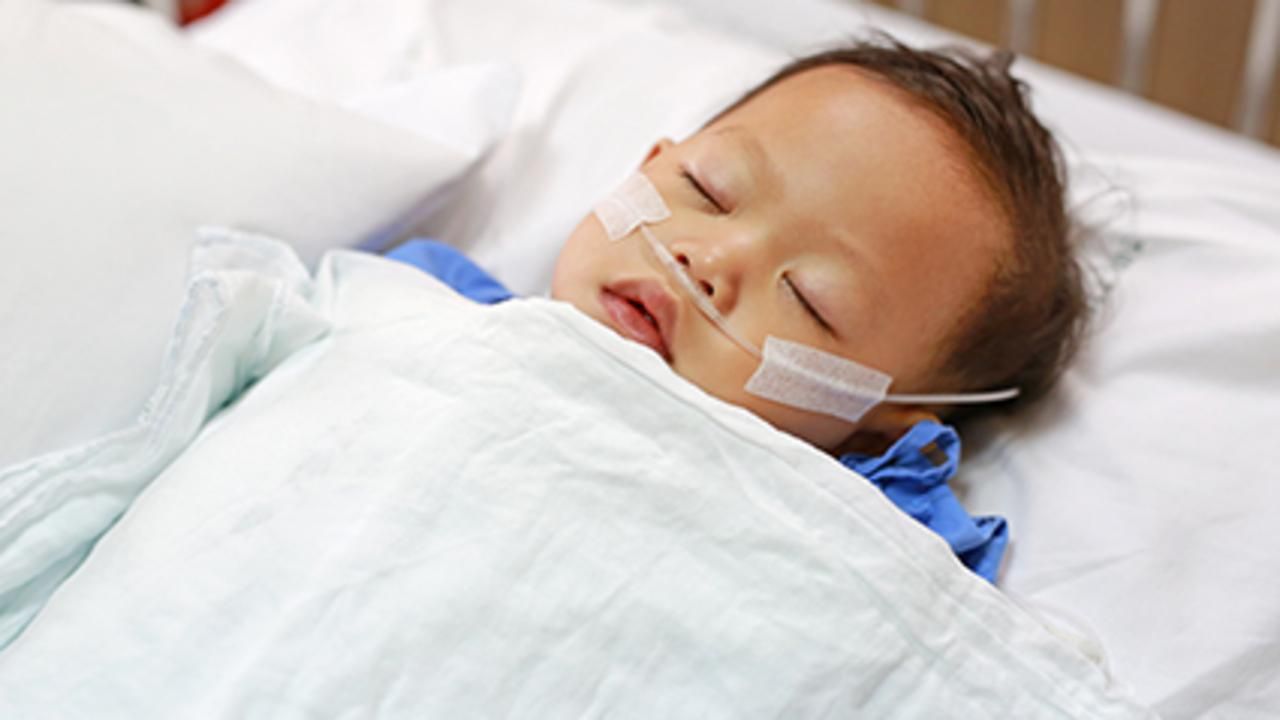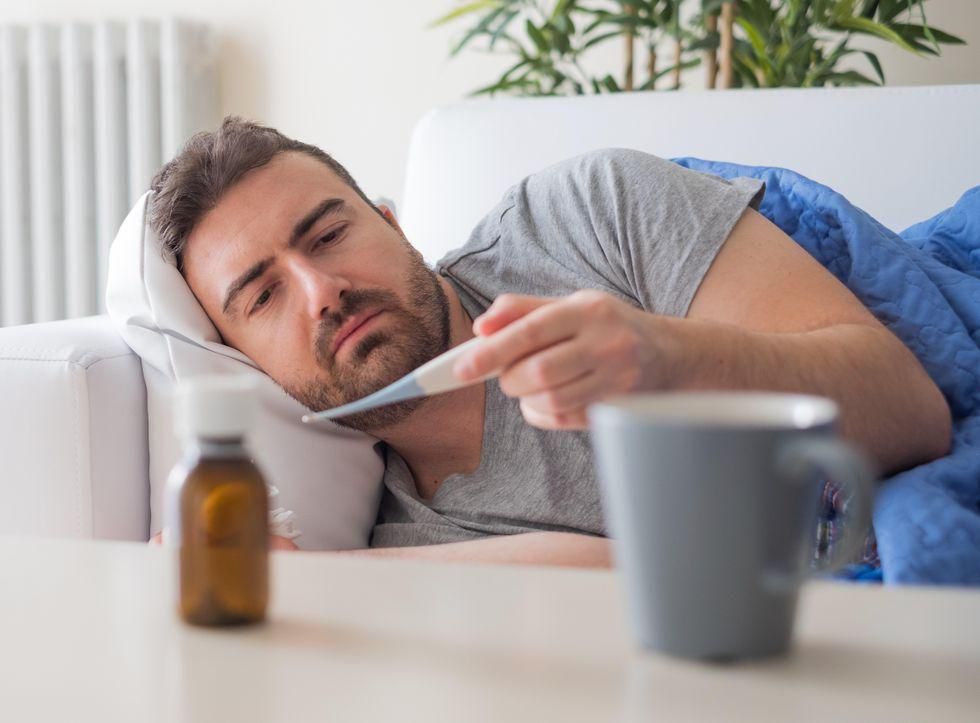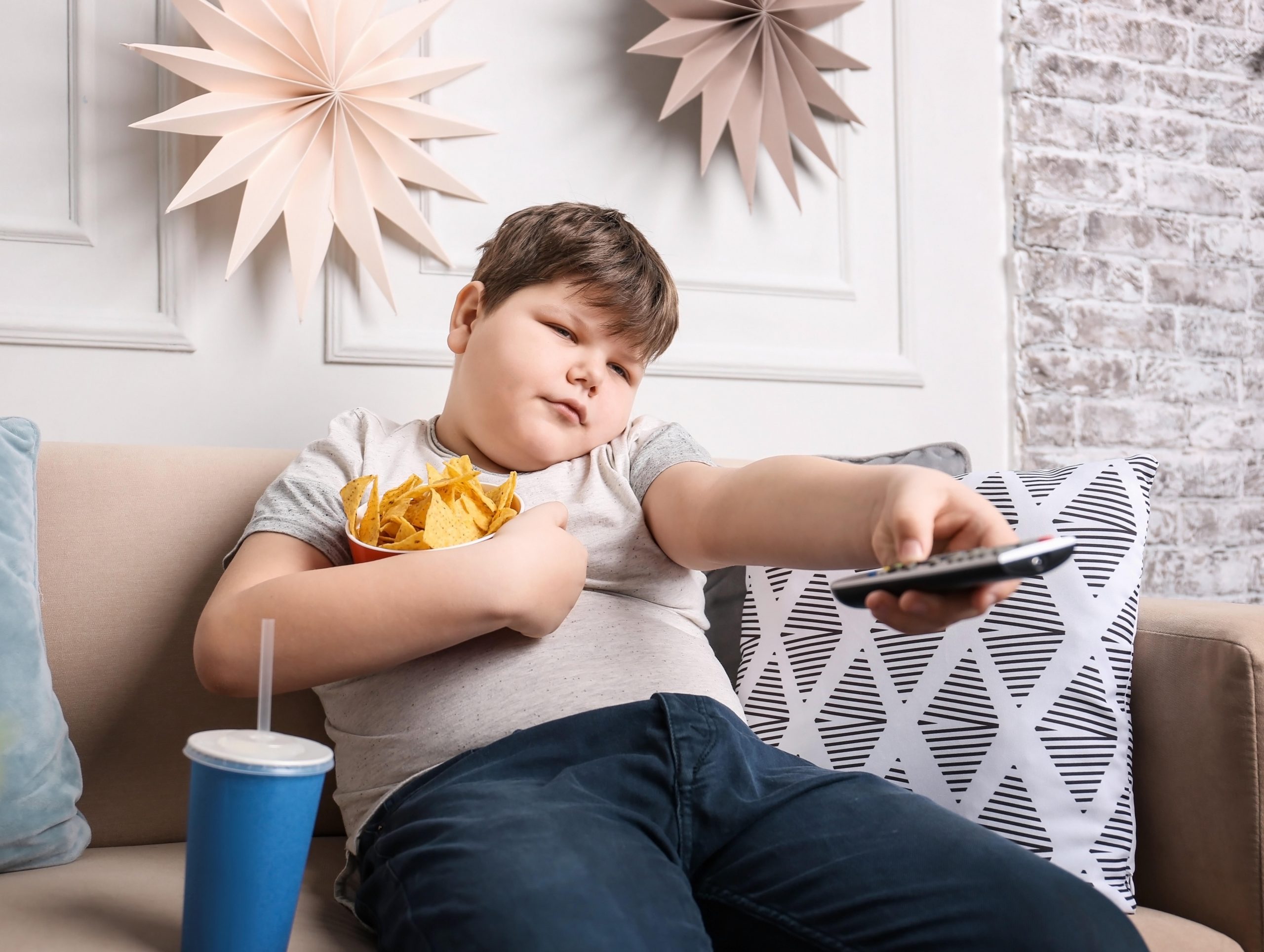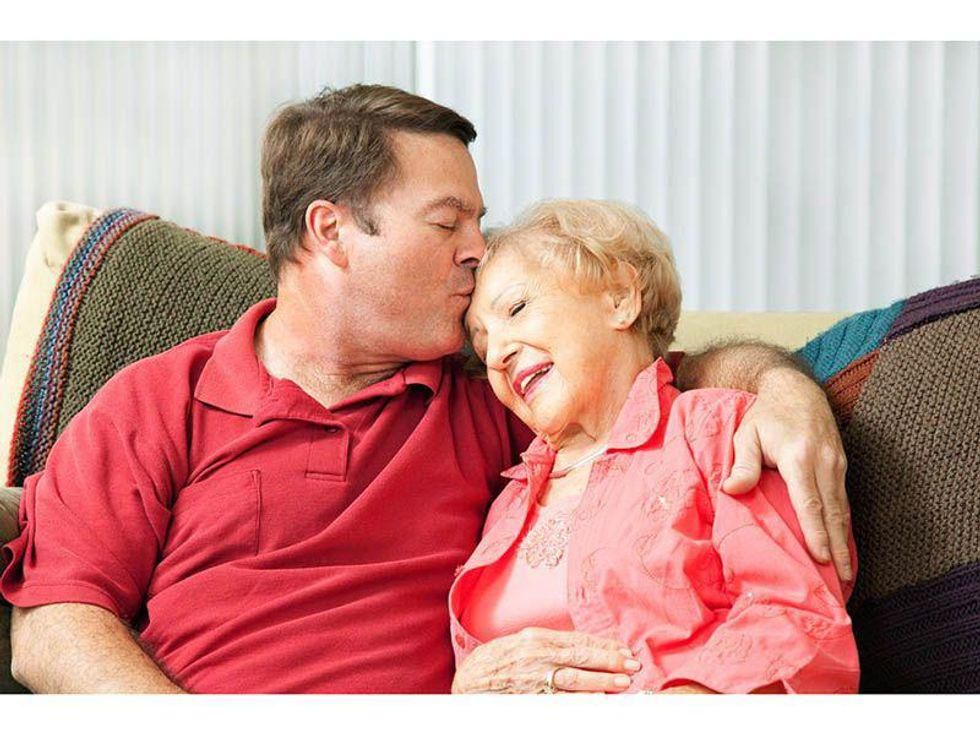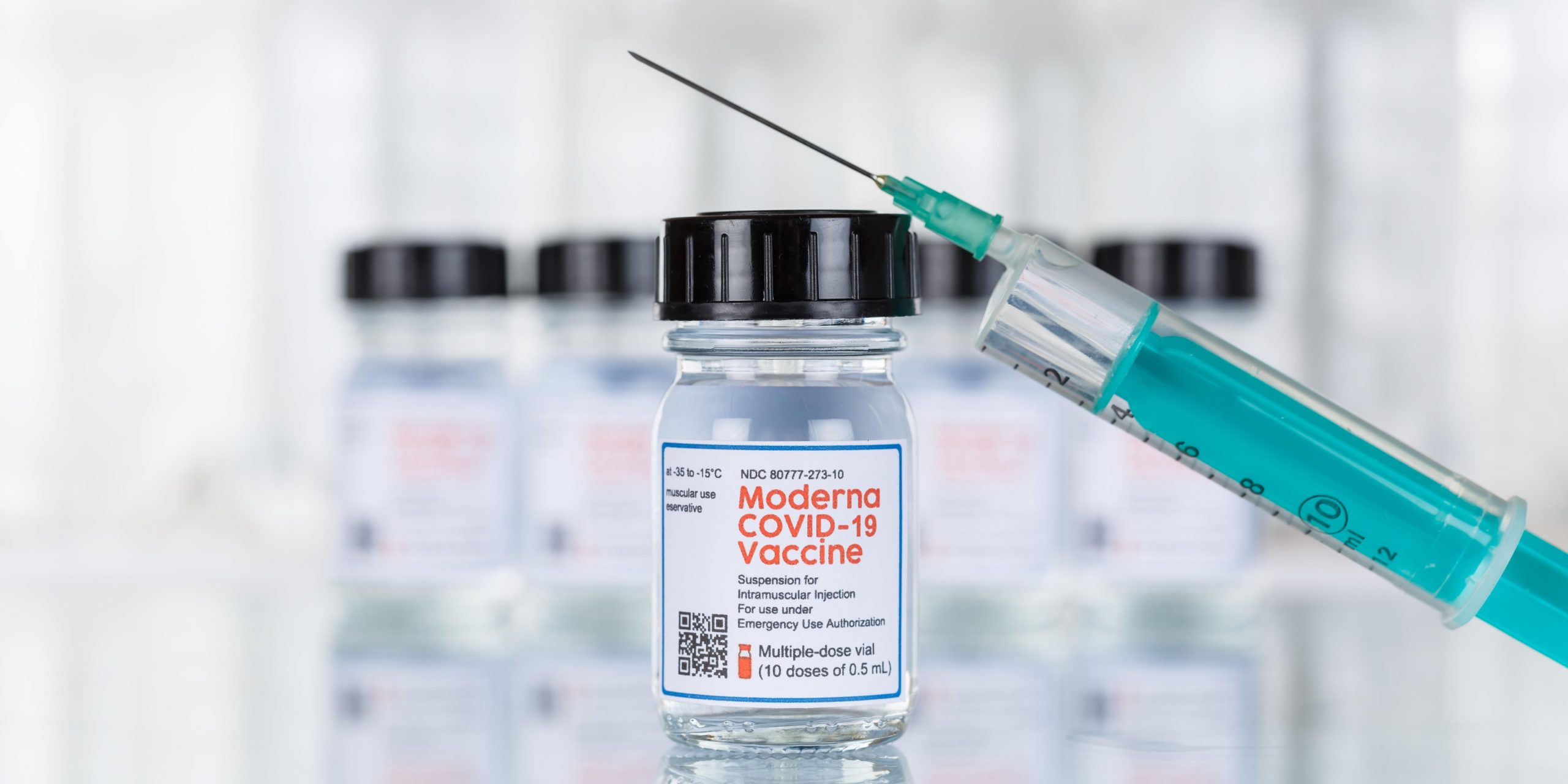
Moderna, Inc., announced Monday that its updated booster shot triggers strong antibody responses against three Omicron subvariants. “We are pleased to see that both of our bivalent booster vaccine candidates offer superior protection against Omicron BA.4/BA.5 variants compared to our original booster, which is encouraging given COVID-19 remains a leading cause of hospitalization and death… read on > read on >










